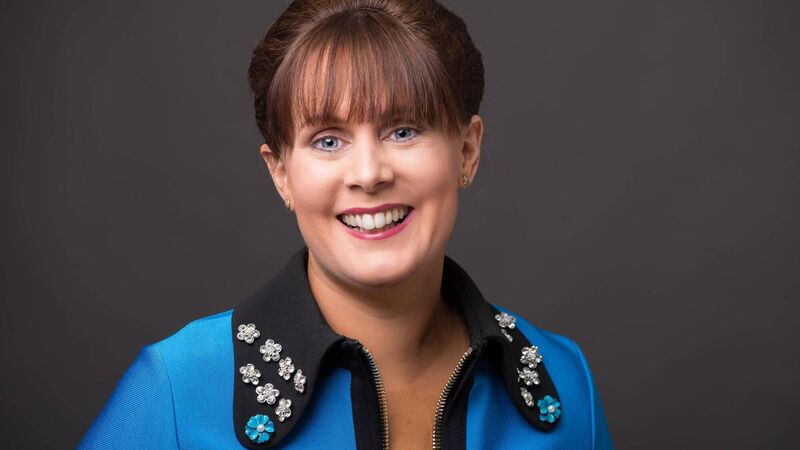HR expert says common sense is easing Ireland's return to work

PEOPLE'S willingness to engage with health guidelines and their ability to apply common sense will ensure Covid-19 controls are applied in the Irish workplace, says a leading HR expert.
As managing director of The HR Suite and a leading HR and employment law consultant, Caroline McEnery has visited a lot of workplaces in recent months. While the use of face masks may need to be applied differently for some people, overall signs point to sensible compliance.











